
Budget for mold remediation costs based on factors such as severity, location in the home, type of mold, damage type, and more.
You should call a lead abatement professional to remove lead pipes
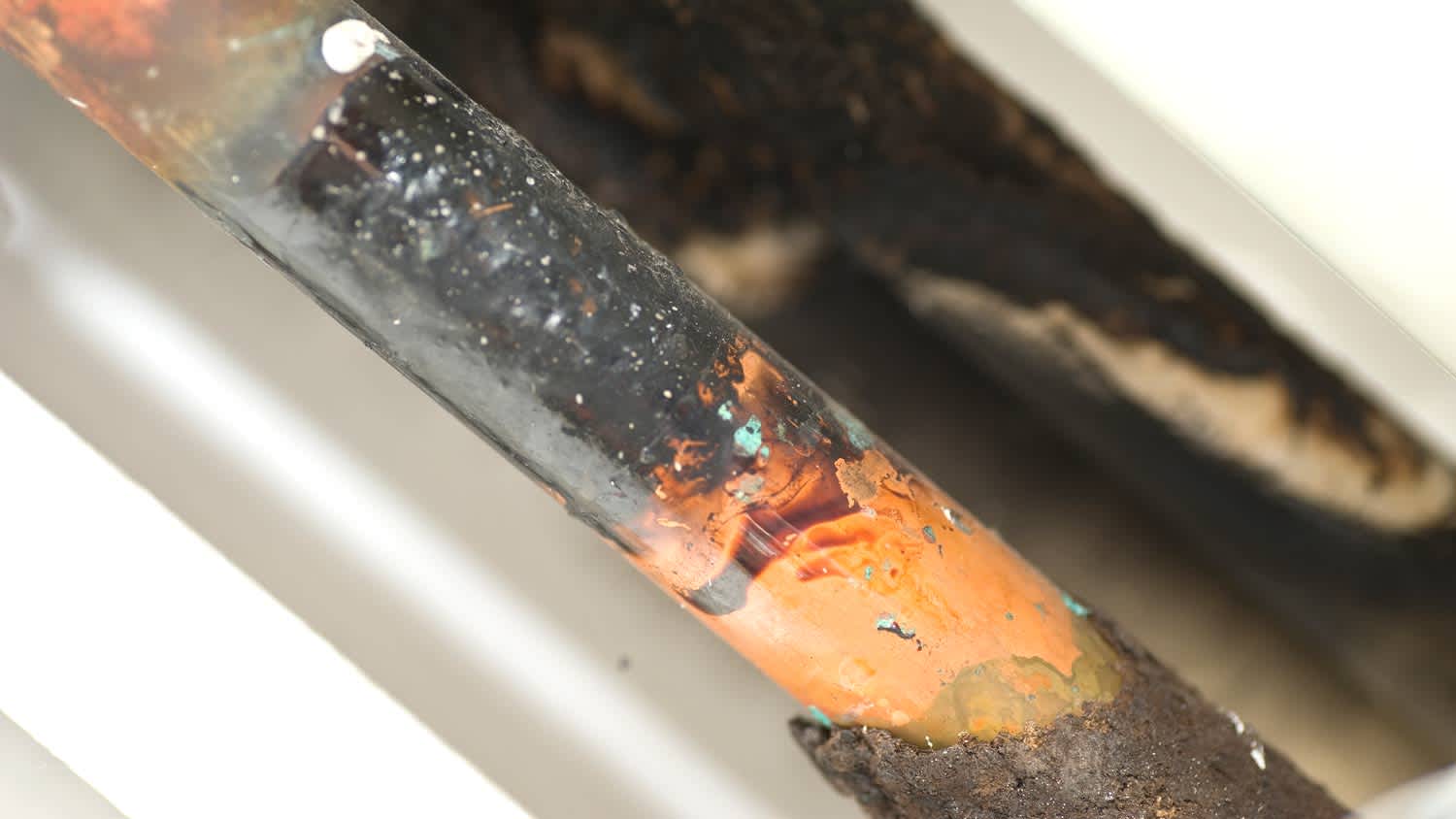

Lead pipe removal requires trained pros who contain dust, follow regulations, and protect your home and health.
The scope of your project depends on the contamination level, access, regulations, and required clearance testing.
The average cost to repipe a home ranges from $375 to $2,140, with additional costs for safely removing and disposing of lead pipes.
Hiring certified pros reduces liability, ensures proper disposal, and minimizes disruption to living spaces.
This article was created using automation technology and thoroughly fact-checked and edited by HomeAdvisor Editor Ryan Noonan.
If you are deciding who to call to remove lead pipes, hire a certified lead abatement professional. These specialists assess risks, contain the work area, and remove lead pipes under local, state, and federal rules. They use full PPE and HEPA equipment, perform clearance testing, and handle hazardous waste disposal. Use this pro hiring guide to choose safely.
Hiring a lead abatement professional ensures the work is done safely and legally. These pros use containment, negative air pressure, and HEPA tools to reduce contamination risks. They follow all regulations, lower your liability, and provide clearance testing after removal. They also plan access and repairs to minimize aesthetic damage while completing a thorough, compliant abatement.
Some of the top benefits of hiring a lead abatement pro include:
Licensed and certified for lead abatement, with insurance
Establishes containment zones and negative air pressure
Uses HEPA vacuums and full PPE to control dust
Complies with all applicable local, state, and federal regulations
Conducts thorough assessment and risk identification before work
Removes segments or replaces entire systems as needed
Minimizes aesthetic damage and coordinates necessary repairs
Performs meticulous cleanup followed by clearance testing
Manages hazardous waste disposal per local rules
Communicates homeowner safety steps during the project
Plumbers understand water systems and can replace entire plumbing systems with lead‑free pipes. However, extracting lead pipes requires specialized lead abatement training and certifications. Check your local regulations and verify a plumber’s qualifications before hiring. If credentials are unclear, choose a certified lead abatement specialist.
Only consider general contractors with proven lead abatement knowledge and strong plumbing experience. If you’re unsure who's right for your situation, hire an experienced lead pipe plumber near you to ensure the job is done safely and up to code.
Lead abatement professionals follow a structured process to keep your home safe and compliant. They begin with a detailed assessment, then establish containment with negative air pressure and HEPA filtration. Removal procedures minimize exposure, and access is planned to limit disruption. After cleanup, pros conduct clearance testing and dispose of materials in accordance with local requirements.
Here’s a look at their process:
Assessment: Identify the extent of lead contamination and risks
Containment: Seal the work area and establish negative air pressure
Equipment: Use PPE and HEPA vacuums to prevent dust spread
Removal: Follow meticulous procedures to minimize exposure during extraction
Scope: Remove select segments or replace the entire system
Access: Use openings, crawl spaces, or basements; cut walls or floors if required
Disruption: Set expectations based on contamination level and home layout
Cleanup: Thoroughly clean the area to remove remaining residues
Clearance testing: Verify the area is free of lead contamination
Disposal: Handle lead materials per local government requirements
The average cost to repipe a house ranges from $375 to $2,140 for most homeowners. Your total costs depend on the size of your home, the number of fixtures, and the pipe material you choose. You’ll incur additional fees for the safe removal and disposal of lead pipes before replacing your pipes.
From average costs to expert advice, get all the answers you need to get your job done.

Budget for mold remediation costs based on factors such as severity, location in the home, type of mold, damage type, and more.

Budget for the cost of an indoor air quality test based on factors such as home size, pollutant type, potential remediation needs, labor, and more.
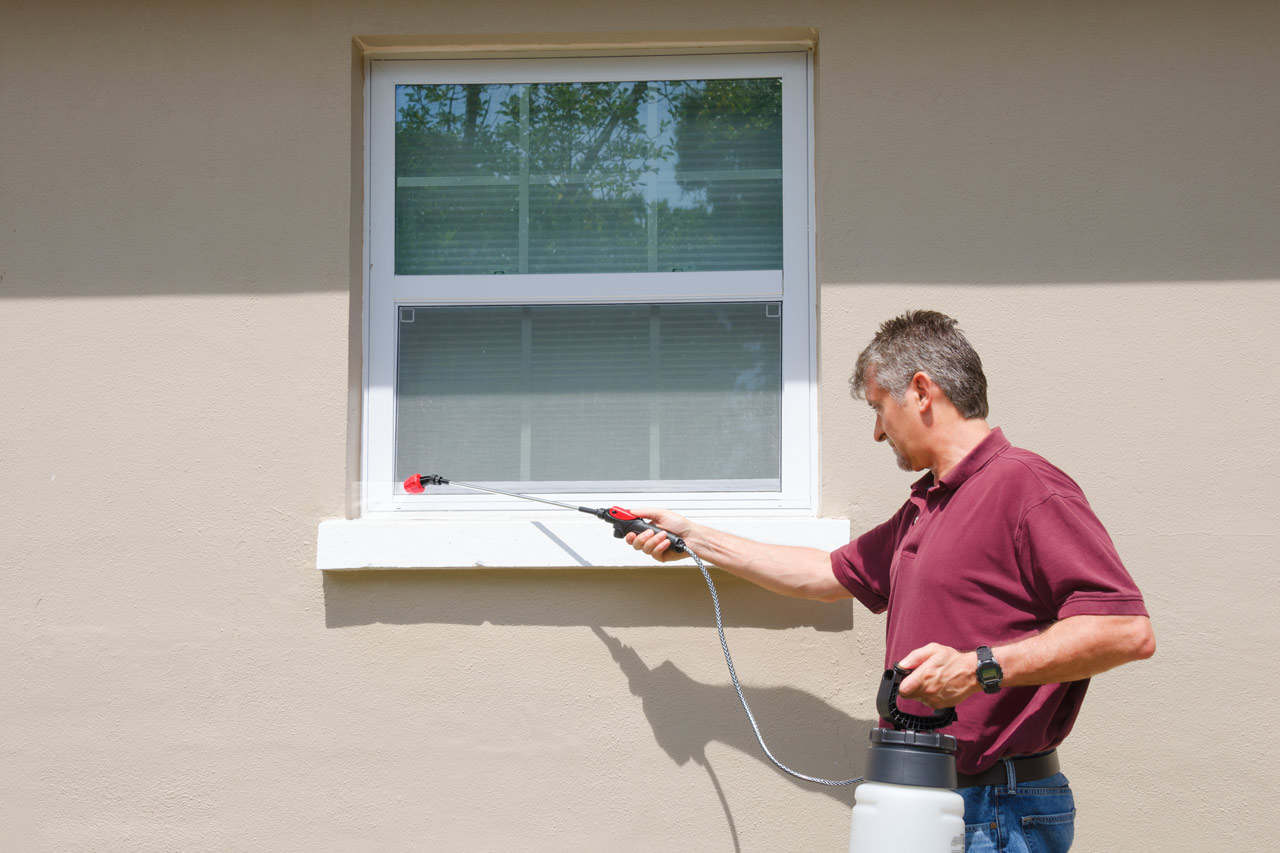
Use this guide to budget for spider extermination costs based on factors such as treatment area size, treatment frequency, infestation level, and more.
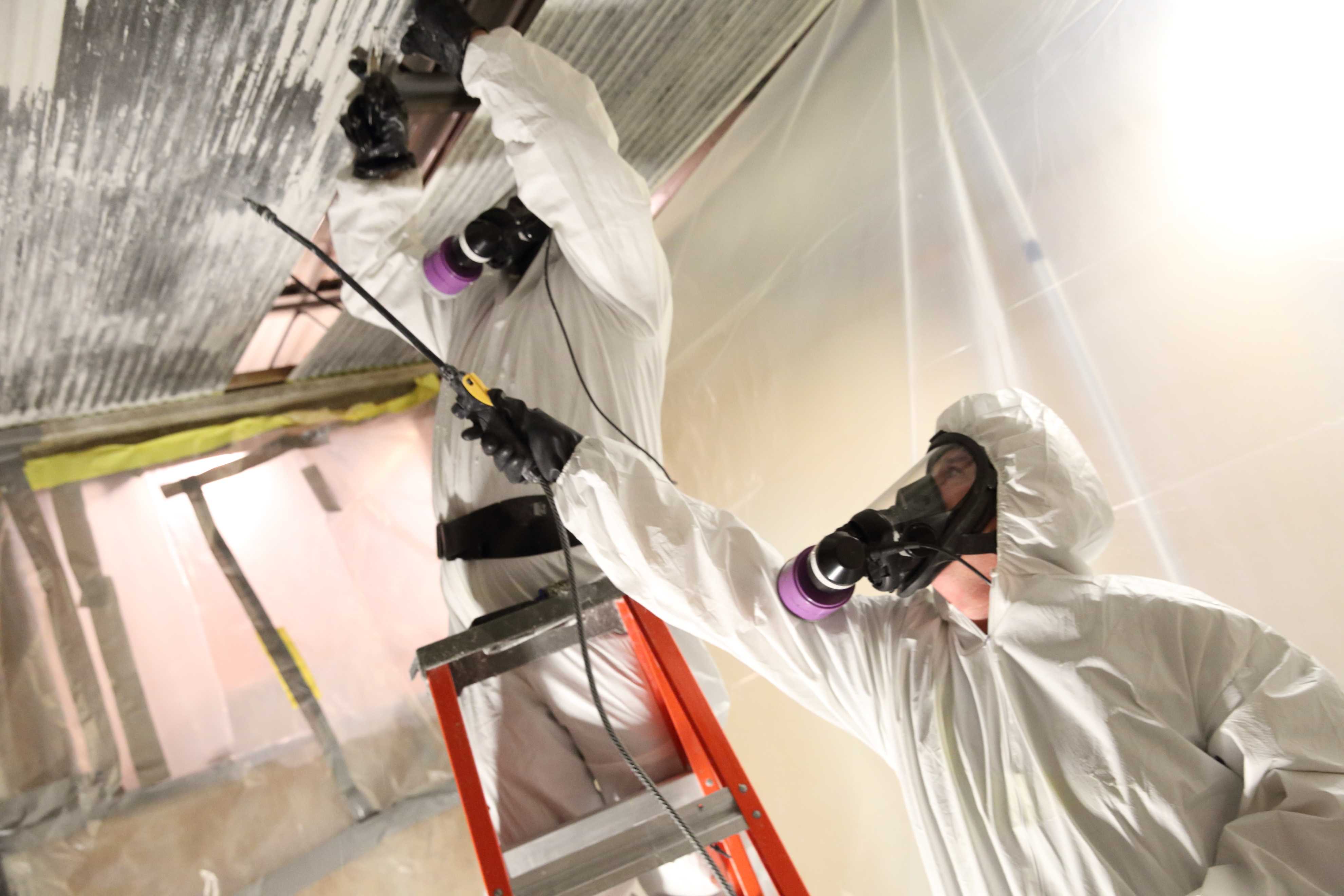
Discover who to call for asbestos checks. Learn about the pros of asbestos testing, associated costs, and safe options to help protect your home and family.
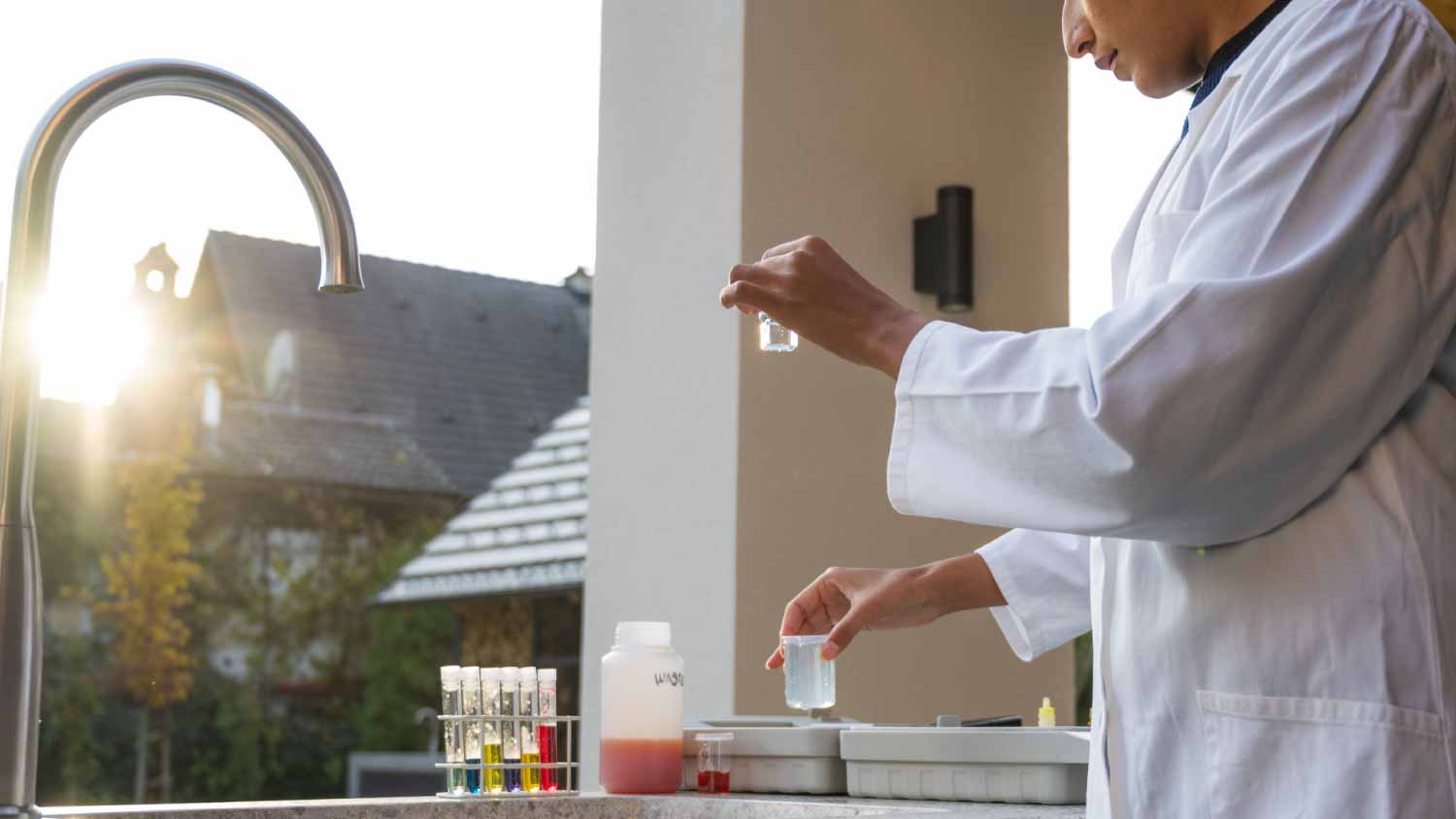
Find who to call to test water for lead. Learn when to hire a certified water testing professional or state-certified laboratory and what to expect.
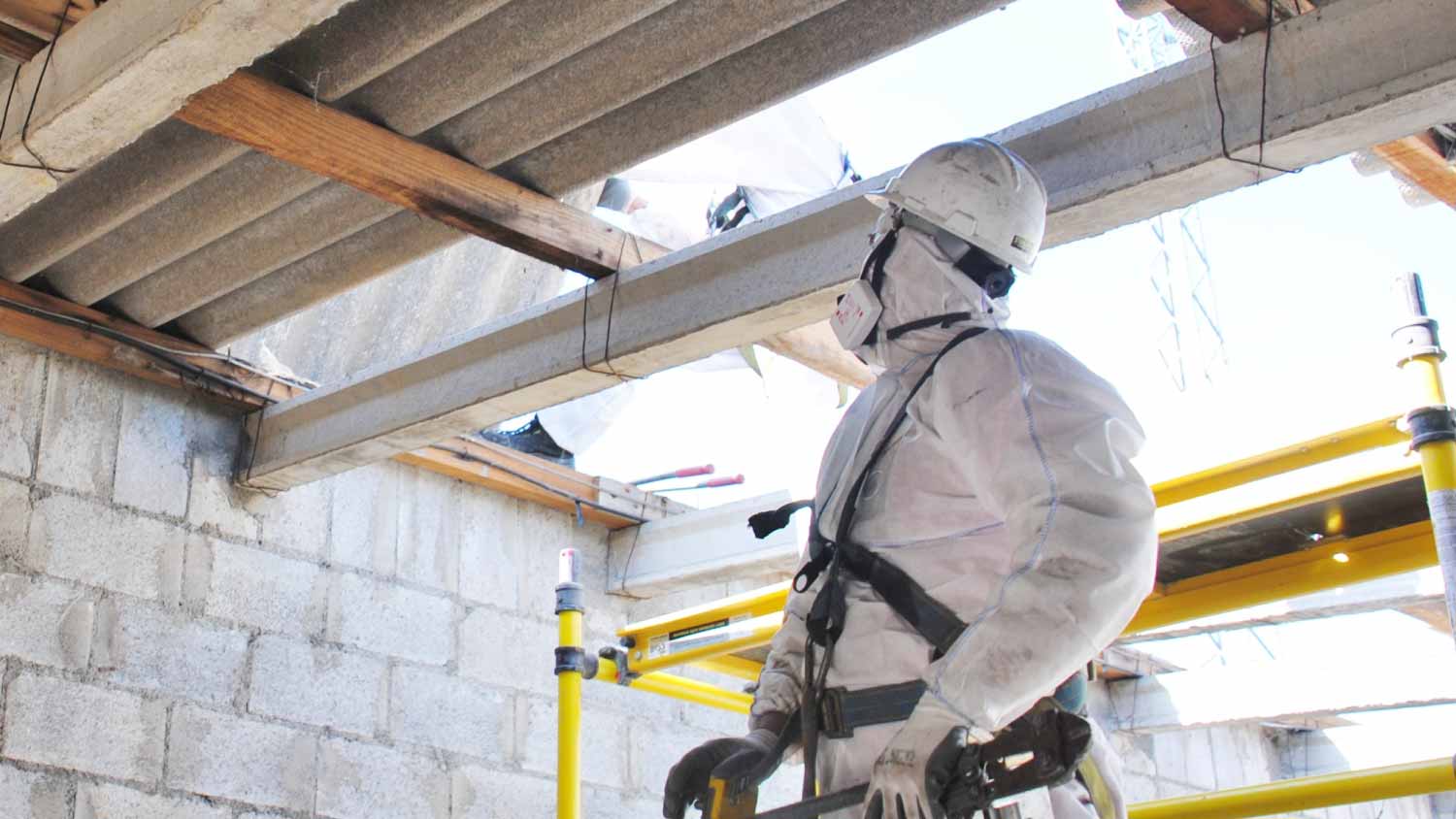
Find out who to call to report improper asbestos removal. Contact health or environmental departments and OSHA. Act now to protect your home.